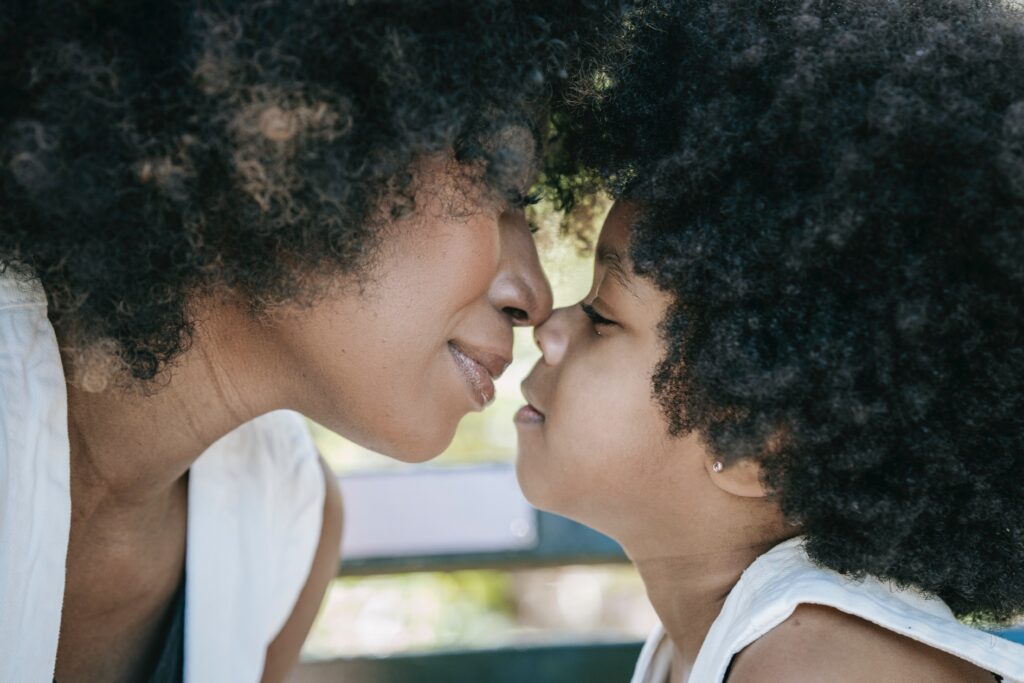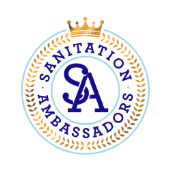“Period poverty” — a term commonly used to describe the experiences of women and girls who do not have access to menstrual management products and hygienic spaces in which to use them because of their socio-economic conditions.
The term Period poverty is much more than that. It includes the deep emotions of discomfort, feeling unhygienic, embarrassed, and undignified when using an old sock as a pad.
A recent study found that adolescent girls in South Africa can miss up to five days of school per month while menstruating, due to not having proper menstrual management products. This means they miss out on average 250 days of their high school. Consequently, many girls drop out perpetuating the cycle of illiteracy, unemployment, and disempowerment.
These daily challenges leave millions of girls and women across South Africa with no choice but to use unhygienic alternatives such as socks, rags, paper etc. Not only that, but they are also burdened by limited access to clean water and private toilet facilities. This puts them at risk of infections and leakage.
Girls and women who do not have the opportunity to access a sanitary pad initially have to be reached through relief agencies, NGO’s, and government programs. Teachers often purchase pads for their students using their own salary and wish they could provide a full pack each month, but this is not possible on their salary. Many families survive on day-to-day basis and only prioritize essential foods. Unfortunately, pads are not high on the list.
Good menstrual health and management is a human right. Access to hygienic menstrual products will address the critical need for our girls and women to stay healthy, clean, and safe from infections. Work and school attendance is highly dependable on women and girls having access to privacy and basic proper facilities, allowing them to manage their period in a safe, confident, and sanitary way. It will improve women’s and girls’ personal and collective well-being and increase social cohesion. This will benefit the community by capacitating local women, reducing waste, and enabling girls and women to be active members of their community.
According to the South African Human Rights Commission, women’s sexual and reproductive health is not simply considered women’s issues but a societal concern. It’s important that systems are set up to ensure a sustainable supply chain in the long term. Solutions aimed at addressing “period poverty” are positioned as economically beneficial to society. This is based on the logic that such solutions will have a ripple effect on the economic development.
Menstruation is the most natural part of being a woman. No girl, no woman should have to worry about how to manage her period any given month. Period!




